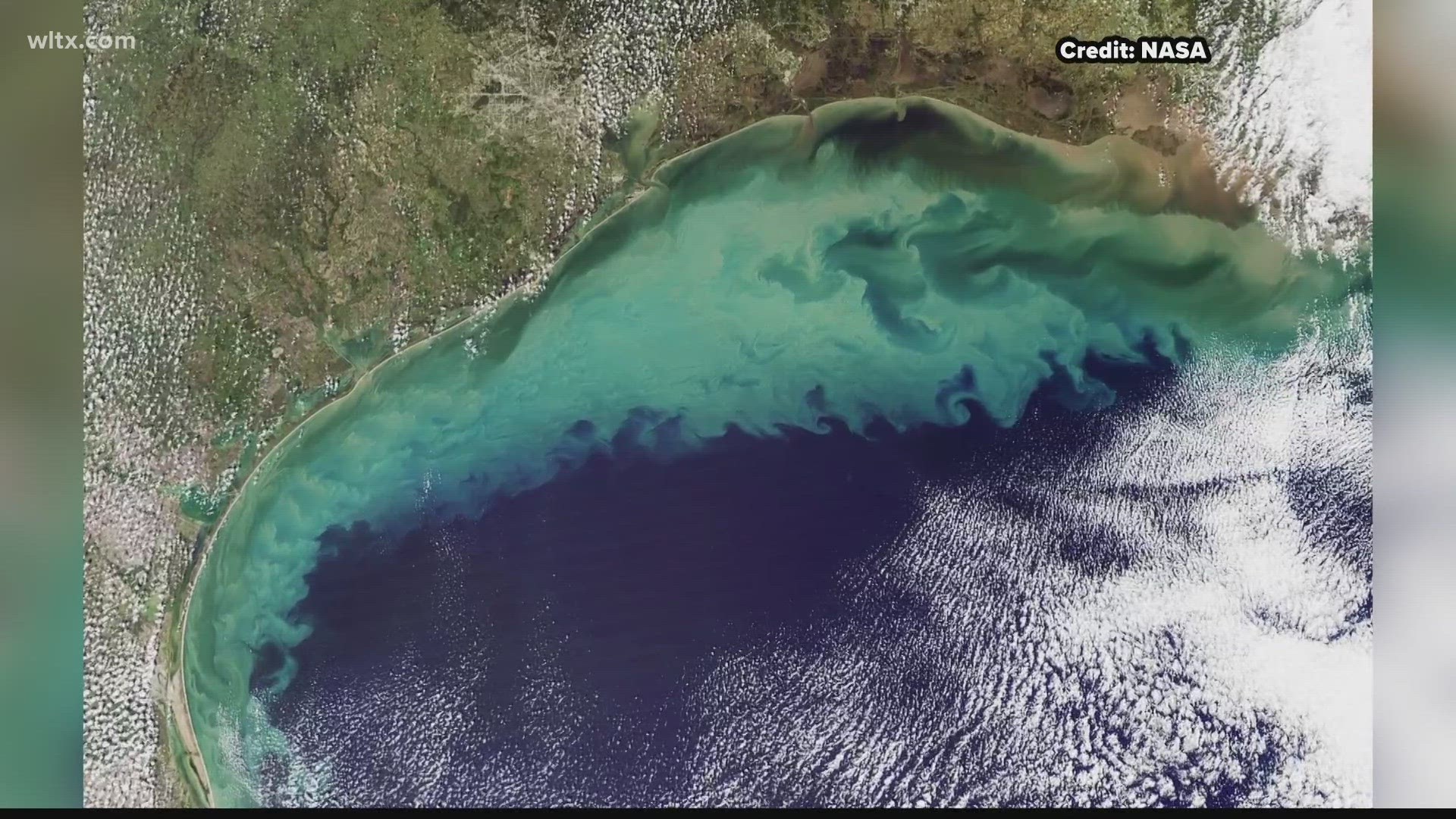COLUMBIA, S.C. — This summer, extreme heat has been deadly, with the highest global average temperature recorded in July. Depending on where you live in the US, the same temperature can feel very different.
Dry heat occurs most often in dry climates that receive minimal moisture. For example, Phoenix, Arizona, reached a high temperature of 118 degrees last month. At the time, Phoenix was experiencing one of its longest periods without any measurable rainfall, according to the National Weather Service.
Dry heat can feel more tolerable initially, as sweat evaporates quickly, providing some relief. On the other hand, dry heat can cause dehydration faster due to increased fluid loss through rapid evaporation.
The Gulf of Mexico constantly sends warm, moist air to the Southeast. The higher our dew points rise, the more moisture there is in the air. When the humidity is close to the dew point, it feels very humid and sticky.
Humid heat hinders sweat evaporation, making you feel hotter. It's a double-edged sword since your body has a hard time cooling down efficiently. Humid heat is notorious for making it difficult for your body to release heat, potentially leading to heat exhaustion or even heatstroke.
So, what’s worse? Well, it’s difficult to say. One thing is for certain, though: staying hydrated, wearing appropriate clothing, and seeking shade are essential to beating the heat.

